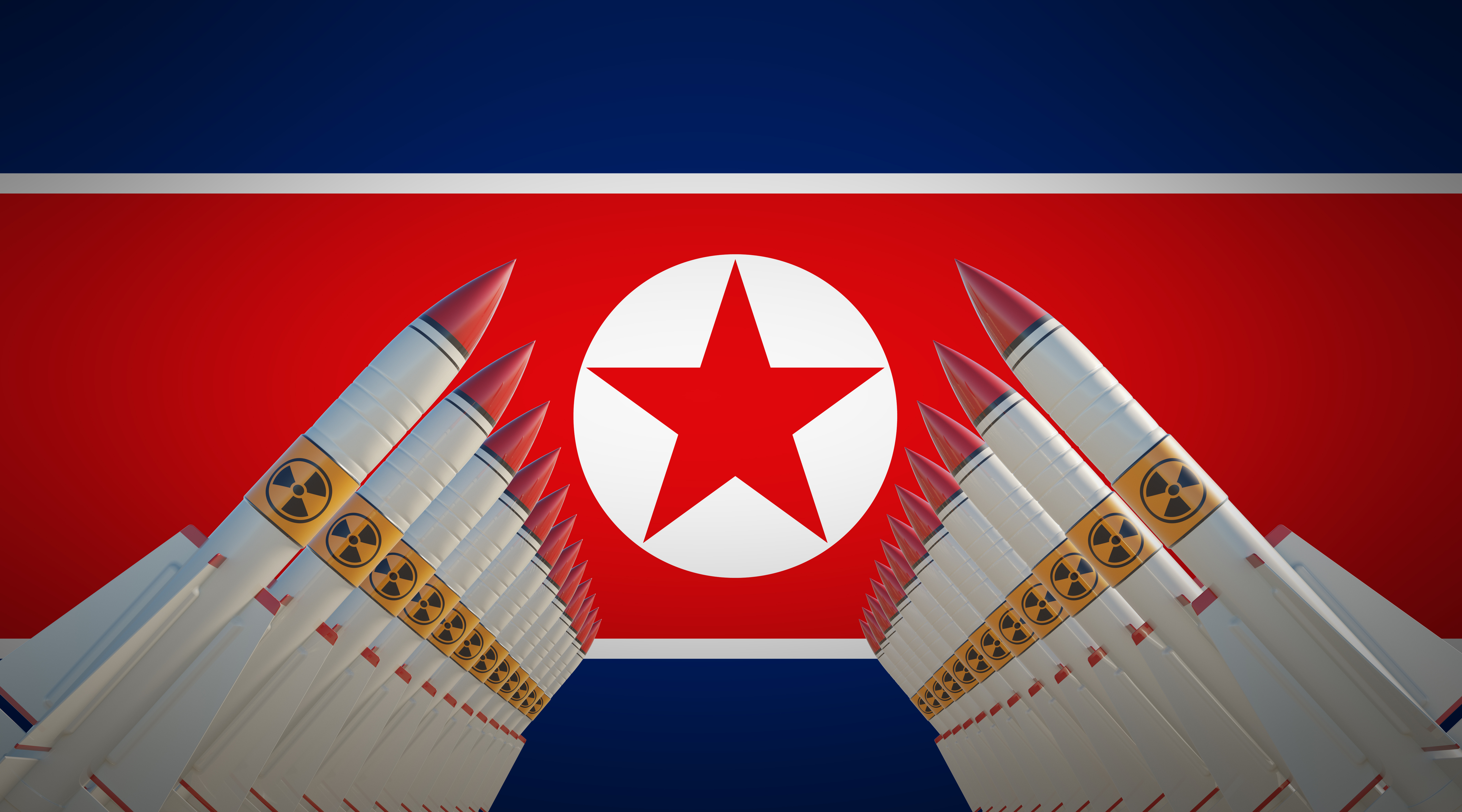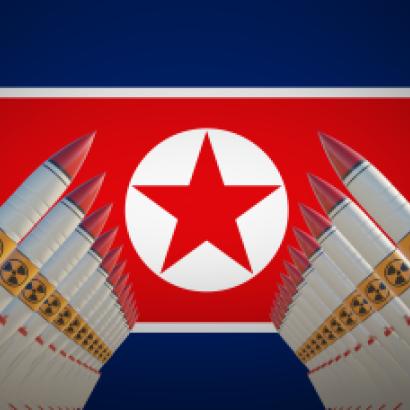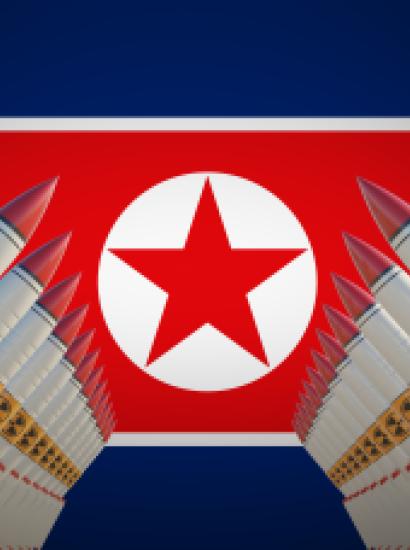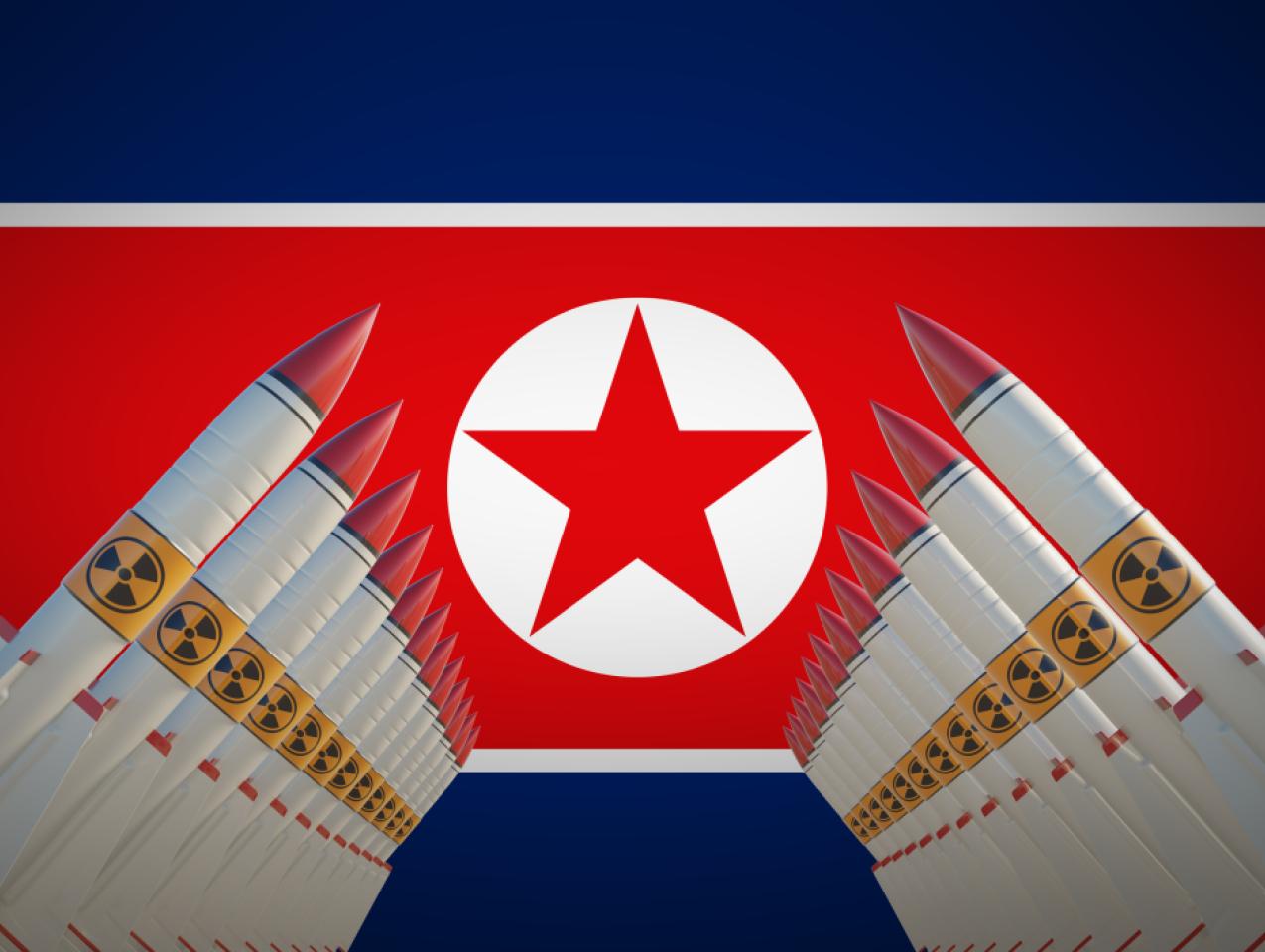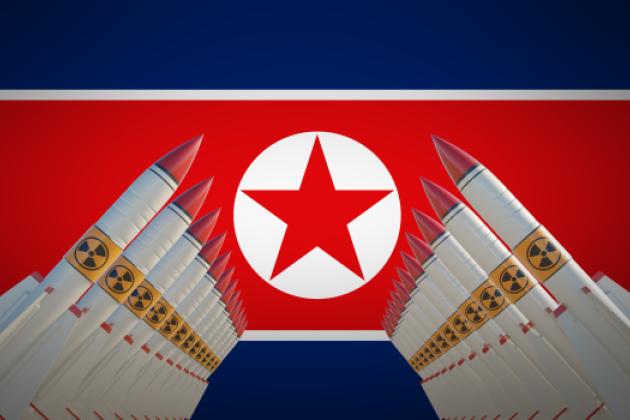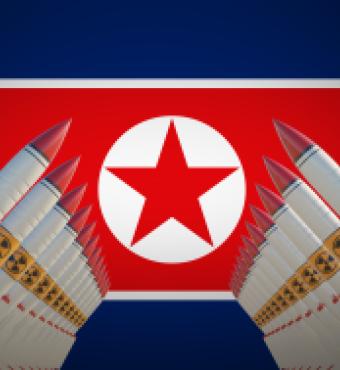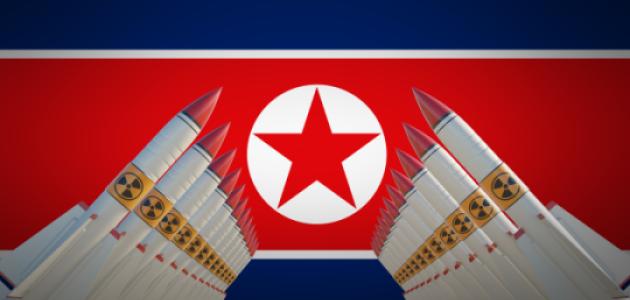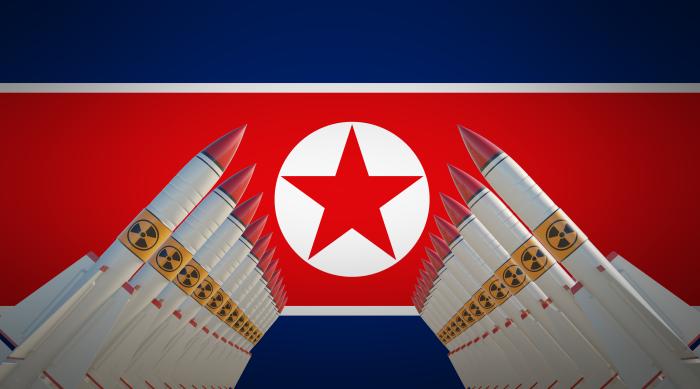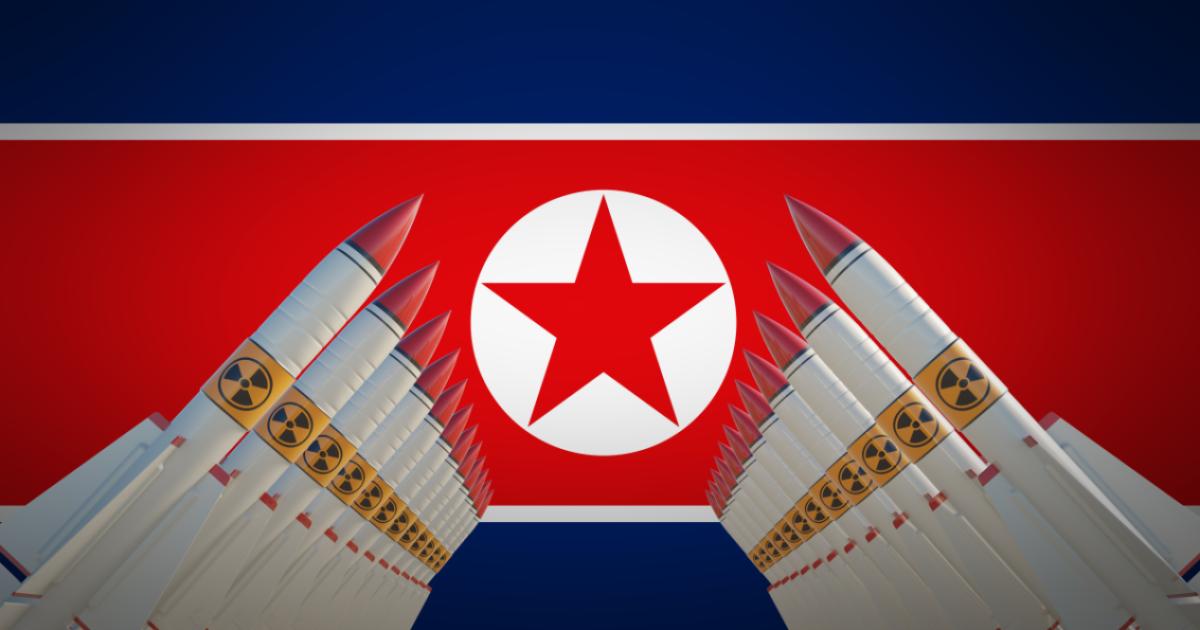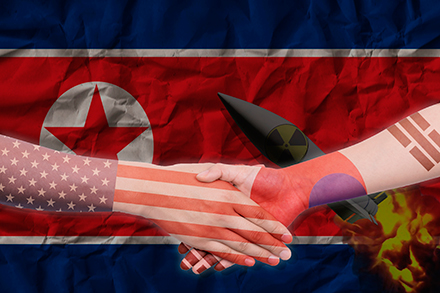
By Clifton B. Parker
With nuclear tensions rising on the Korean peninsula, one nightmare scenario is an accidental nuclear catastrophe emanating from North Korea, according to Hoover Institution scholar Michael R. Auslin .
Auslin specializes in global risk analysis and US and Asian security and foreign policy strategy. He and other experts point to numerous examples of near-miss nuclear accidents since nuclear weapons were first used in 1945.
Due to the reality of North Korea’s nuclear programs, Auslin believes it’s time to seek a relationship with the regime that would prevent, for example, a nuclear missile being inadvertently launched. But the prospects for such a collaboration seem remote at this point.
The Hoover Institution recently interviewed Auslin about this issue:
Does Kim Jong-un and his regime have the capabilities to keep their nuclear weapons safe?
We do not know if Kim has thought much about what the United States military calls "nuclear surety." We have no insight into whether his warheads will have multiple safety systems and high-quality components, or whether his missiles will be carefully manufactured and monitored for mechanical failures. We also don't know what kind of command and control system he will put in place, nor how nuclear orders will be delivered so that there is no ambiguity. What type of selection and testing process will he use for his nuclear operators? All these unknowns have to lead one to a very pessimistic conclusion about North Korea's ability to keep its nuclear weapons safe.
In what ways can the United States help keep them safe?
There is very little that we can do if the North Koreans do not want any help (and they surely don't). We can try to offer assurances that we will not attack their command posts, which could remove their worry about having to use these weapons early in a crisis. We can offer to set up a hotline for crisis management. We can encourage the Chinese to try to talk to the North Koreans about nuclear safety. If Pyongyang were willing, the Chinese could send teams to help ensure that the weapons and delivery systems were of high quality and safe.
It all sounds bizarre, but if we can't get rid of these weapons, we have to try to figure out ways to reduce the possibility of an accident setting off a nuclear exchange.
How does China factor into a possible relationship wherein the US and North Korea work together on keeping the nukes safe?
As I noted above, China is the only possible player who could help the North Koreans keep their arsenal safe, but it is almost inconceivable that Kim would let any foreign power, even his putative ally, close to his weapons. Beijing might be able to put pressure on Kim to let them help ensure safety, such as threatening to cut off aid if Chinese technicians are not allowed to work with their North Korean counterparts. All this is highly unlikely, though, which is another reason for worry.
What is the closest the world has come to an accidental nuclear catastrophe?
In 1983, Soviet early-warning satellites misinterpreted sunlight glinting off cloud tops as the launch of several US ICBMs. The Soviet duty officer at the time had to make a quick decision about whether the launch was real and whether to recommend a counterattack. He decided the information was wrong, and he likely saved the world a nuclear exchange.
Auslin wrote this story about why the Trump administration should help keep North Korea’s nuclear weapons safe in the The Atlantic.
Media Contacts
Michael Auslin, Hoover Institution: auslin@stanford.edu
Clifton B. Parker, Hoover Institution: 650-498-5204, cbparker@stanford.edu







